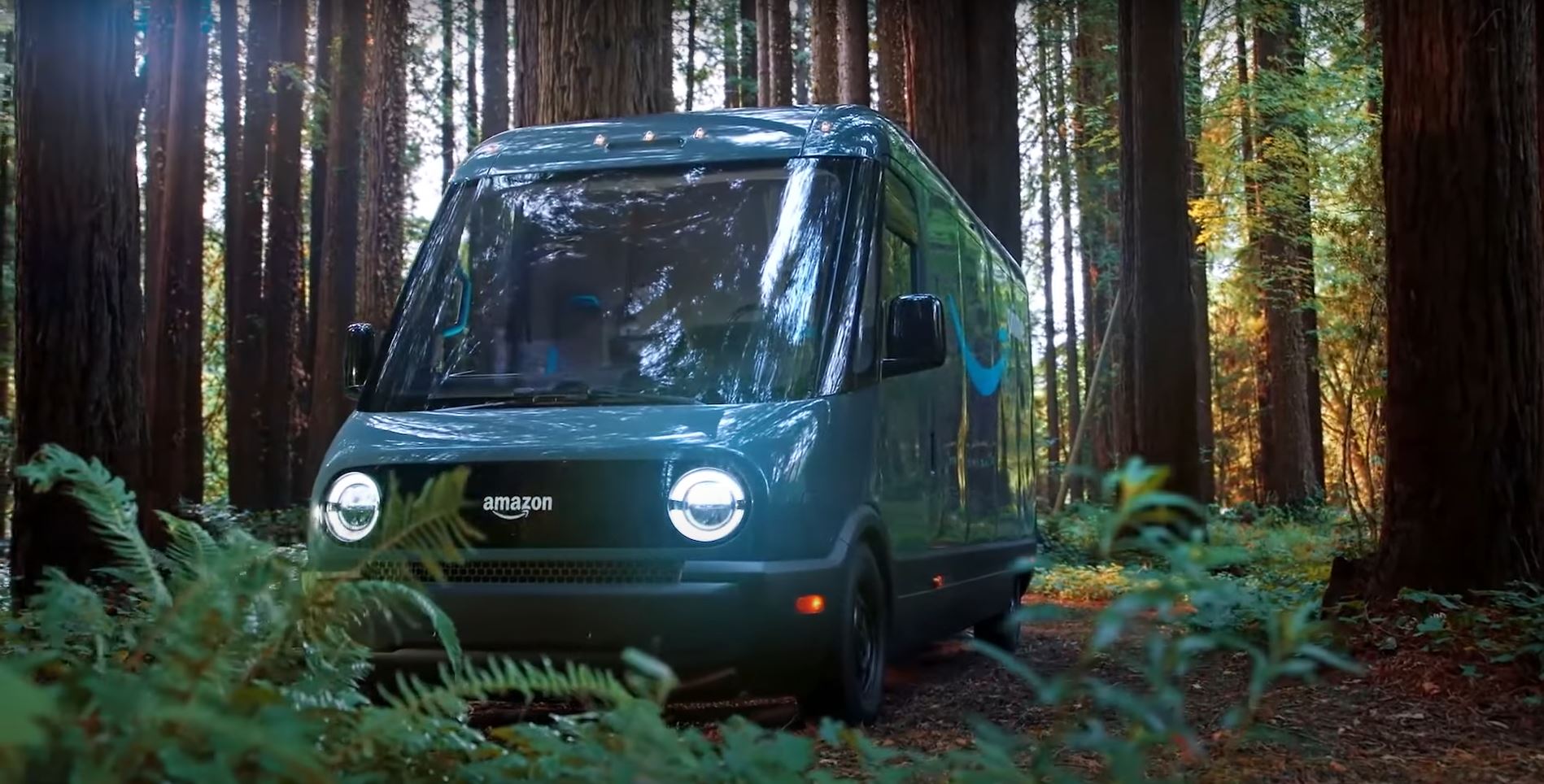"At this point in time, we believe focusing on our consumer business, as well as our existing commercial business, represent the most attractive near-term opportunities to maximize value for Rivian," Rivian said in a press release.
The company said it will "no longer pursue the memorandum of understanding with Mercedes-Benz," but the parting appears to be amicable and potentially not permanent. "Exploring strategic opportunities with the team at Rivian in the future remains an option, as we share the same strategic ambition: accelerating the EV adoption with benchmark products for our customers," Mercedes-Benz's head of vans Mathias Geisen said in a statement. It added that Rivian's decision wouldn't change its commercial electrification strategy.
Rivian is building a brand and product portfolio with the objective of maximizing impact in the shift to carbon-neutral transportation. The R1T, R1S, and Electric Delivery Van ("EDV") last-mile delivery vans are Rivian's first vehicles in the consumer and commercial space. The EDV was designed and engineered in collaboration with Amazon, as an anchor product to combat climate change at scale in the fleet market.
The partnership between Rivian and Mercedes-Benz had the goal of producing vans on common assembly lines at an existing Mercedes-Benz site in central or eastern Europe. One van was supposed to be based on the VAN.EA architecture by Mercedes?Benz Vans, while the other should have utilized Rivian's second-gen Light Van platform.
Source: Rivian


